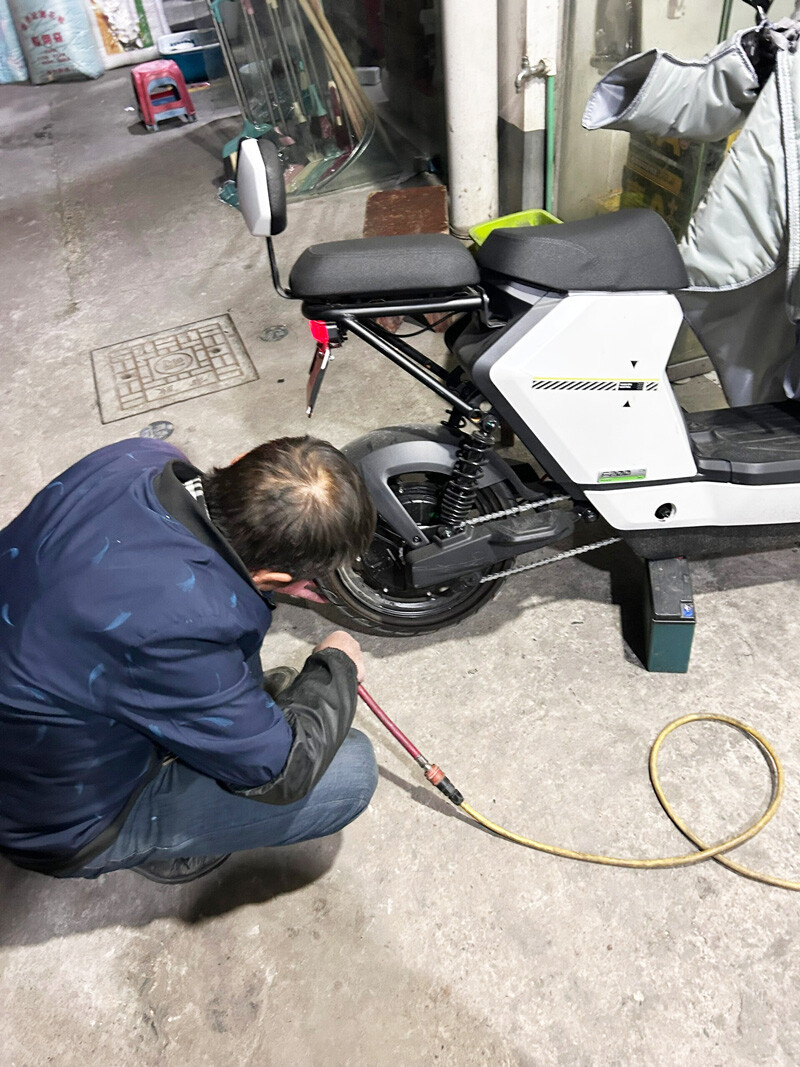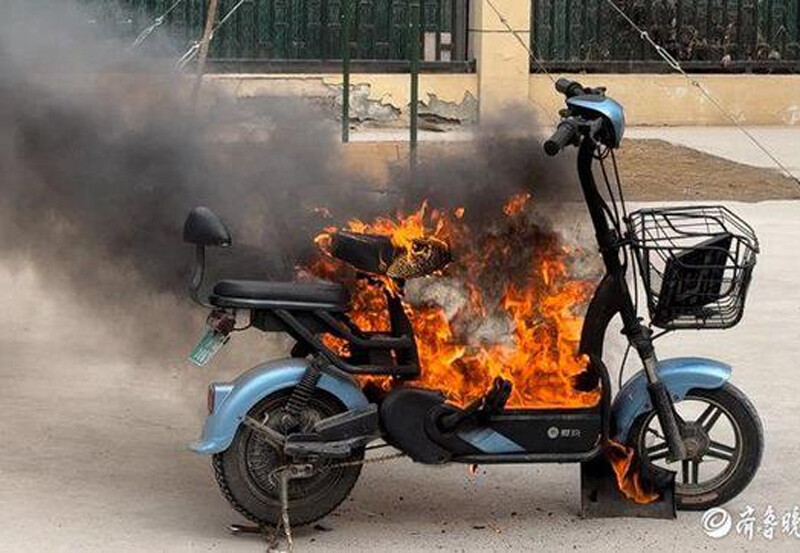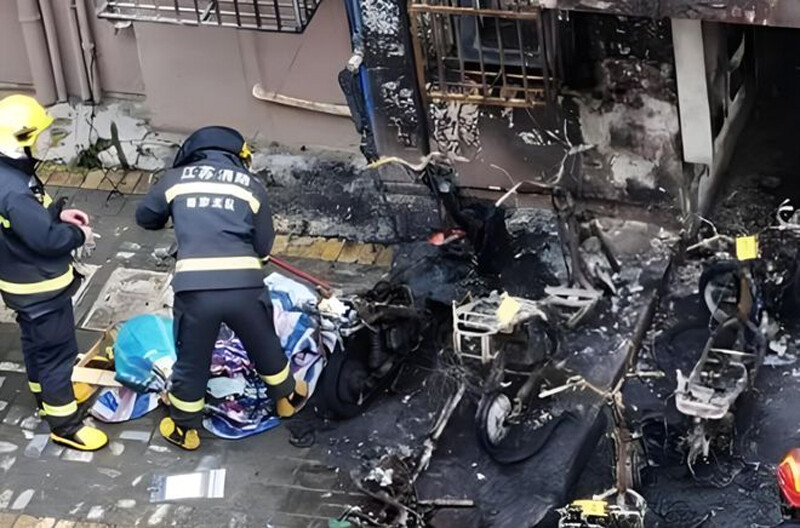
There are two main categories: overcharging and short circuits.
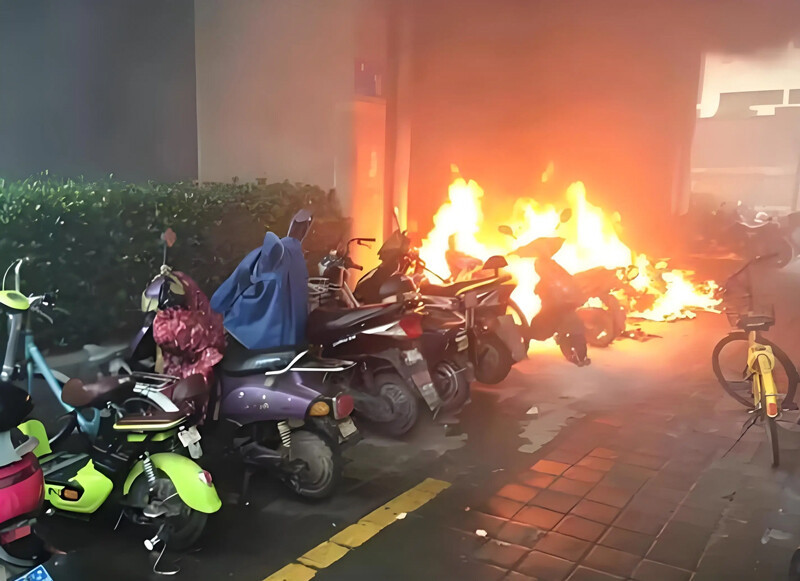
Overcharging
This primarily occurs during the charging process of a lithium battery. Due to the battery's internal resistance, a significant amount of heat accumulates during charging. The protective mechanisms in lithium batteries can detect voltage and provide some degree of protection against overcharging.
However, when overcharging persists for too long and the voltage remains excessively high, lithium dendrites can form inside the battery, leading to internal short circuits. This causes the temperature and pressure within the battery to rise continuously, resulting in the risk of explosion or fire.
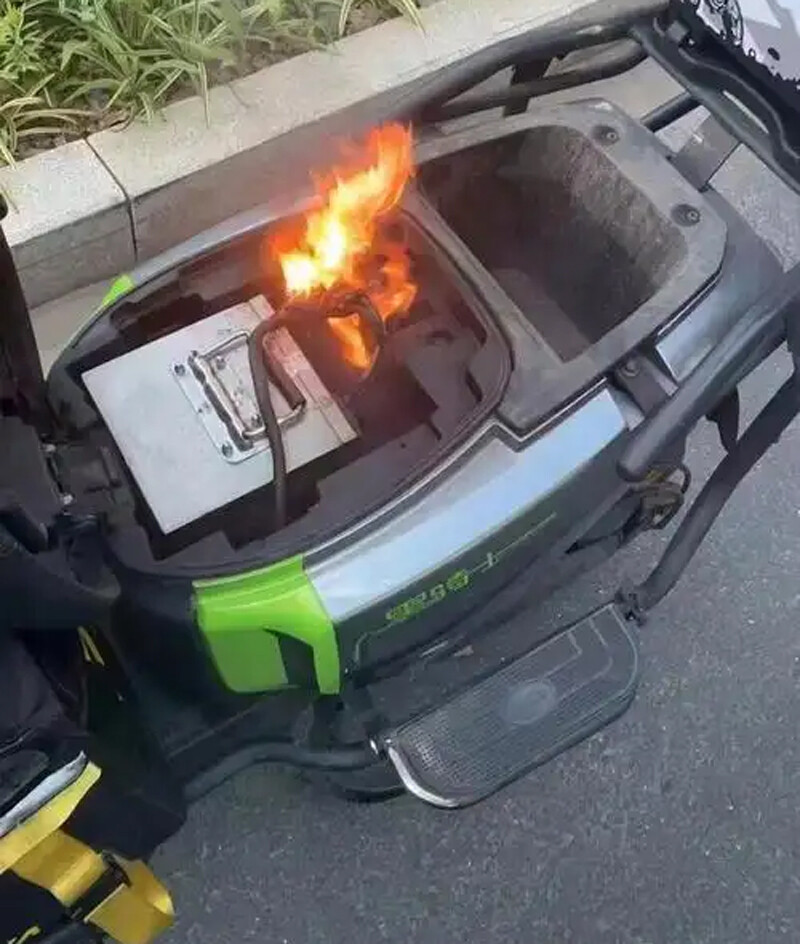
Short Circuits
These mainly occur during the use of lithium batteries. While in operation, the battery's temperature naturally rises, and it relies on normal heat dissipation. If external factors cause the battery to overheat, the separator inside the battery may become damaged, leading to a short circuit. This results in excessive internal heat buildup, triggering a chain of chemical reactions that can cause the battery to explode or catch fire.
Additionally, poor battery quality and the use of incompatible charging equipment from different brands of electric bicycle may also contribute to battery explosions or fires.
Chat Online

